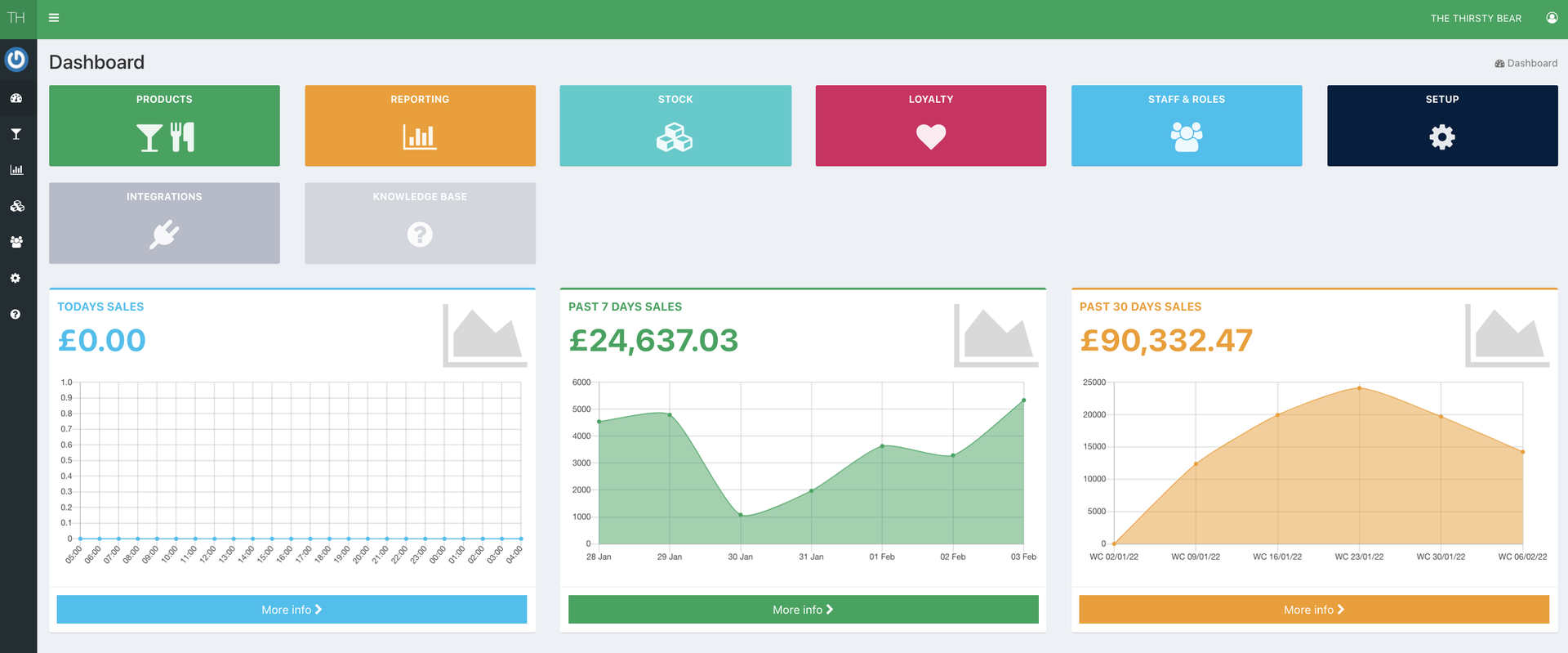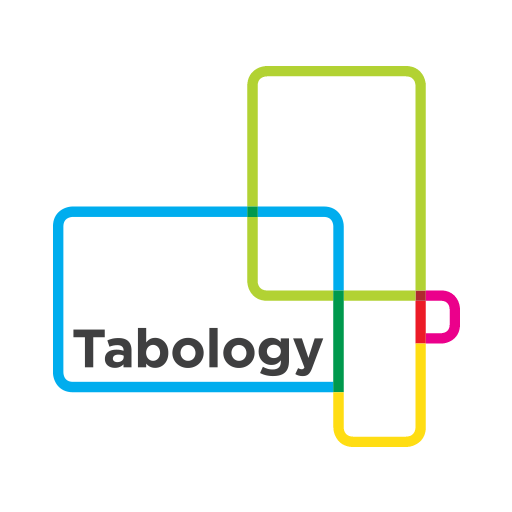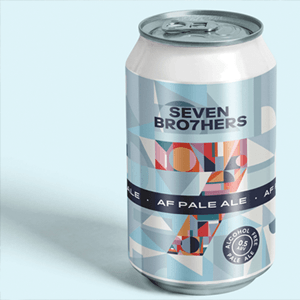Selecting a hospitality EPOS that will grow with you
When you’re looking for a new hospitality EPOS system, it’s natural to focus on the here and now – What capabilities are you hoping to gain by switching, and which of your current features and functions can’t you live without?
But, while this knowledge is vital, the last thing you want is to get a year down the line and find your EPOS no longer serves your business. Perhaps your requirements change, or new technologies become available that you don’t have access to. You’d need to choose between muddling on with tech that’s holding you back, or going through the disruption of switching again.
There is, however, a way to avoid that choice. And that is choosing an EPOS system that can grow and evolve with your business. This consideration is easily overlooked, especially when there are plenty of short-term pressures to deal with.
But getting this right can save you a lot of pain down the line. So, how do you go about it? Below, we look at some of the questions you should ask of any hospitality EPOS provider to determine whether they can support you as your business grows.
How frequently are new features delivered?
Frequent delivery of new features ensures you're always using the most up-to-date software, providing more value sooner than if an EPOS provider updates only every few months. Because the pace of development is usually faster when there are more frequent updates, you’re also more likely to see bigger improvements over time.
Frequent releases also tend to reduce the amount of downtime as they involve small, incremental changes. They can be tested and fine-tuned more thoroughly, which means bugs and errors are more easily identified and resolved.
It also means EPOS providers can adapt more effectively to industry developments. They can incorporate the latest security features and keep your systems compliant, and respond to new trends with more agility.
How relevant will new features be?
While regular updates and a high rate of development are beneficial, you can only get the most out of your EPOS system if these changes are relevant to you. To easily assess this, check two things.
The first is whether your EPOS provider is a generalist, or specialises in the hospitality industry. Generalist suppliers may cover hospitality, but also retail, health and beauty, and more. These suppliers need to divide their focus between the needs of the various industries they serve, so it can be difficult to know when updates are relevant to your hospitality business. An EPOS provider that serves only
hospitality businesses is always going to release updates that benefit you.
The second thing to consider is the extent to which customer feedback plays a role in new feature releases. The more an EPOS provider listens to and engages with their customers, the more likely it is that new features will reflect their needs and desires.
So it’s always worth asking a prospective EPOS provider how they go about this…

What is the process for feature requests?
EPOS providers that take customer feedback seriously should be able to tell you how they do this. How do they gather information? How do they acknowledge requests? How do they decide what to implement and prioritise?
If this process is transparent and accessible, you can be confident that the company takes customer feedback seriously – and it’s not just an empty gesture.
Look for things like a public forum for submitting and discussing suggestions, and a system that helps identify the most in-demand requests, such as a voting system.
If an EPOS provider has these things in place, they’re more likely to provide future updates that truly benefit your business, even as you grow and evolve.
Do recent developments reflect customer feedback?
If an EPOS provider has customer feedback systems in place and they’re using them effectively, they should have a record of what they’ve delivered. Ask them about their most recent developments and how they originated. You should be able to see whether feature requests are acted on quickly, or left languishing for years.
Providers that deliver regular updates have robust systems to announce them and
educate users. These systems should be transparent and give you a good feel for how relevant new feature deliveries are to your hospitality business.
What upcoming developments are they currently working on?
As well as recent releases, providers should be able to tell you what they’re currently working on. This could include up and coming features as well as a longer-term roadmap of what’s planned. They should be able to tell you why they’re implementing these updates, what problems they’re responding to and solving, and how they’ll improve operations for hospitality businesses.
This gives you a clear picture of how well a hospitality EPOS provider is able to grow with you.
We might open a new site in the future. Will my EPOS handle it?
You may have plans to open a new branch, or you may already be a multi-site operator looking to expand further. While operators with just a few venues may use standalone EPOS systems at each site, managing multiple locations is far more efficient with a system designed for
multi-site management.
These have a central dashboard where you can manage elements such as stock, staffing, pricing and loyalty across the whole group, while also giving you the flexibility to manage each site individually. Similarly, you should be able to generate and view reports for the whole group and for each site. Navigating between group and individual site level should be seamless.
If you plan to expand your hospitality business in future, be sure to ask an EPOS provider about multi-site management.

If I have any issues with my EPOS as we grow, will I be well supported?
With any significant change to your hospitality business, it’s natural to worry about the impact it can have – particularly if you’re not much of a ‘techie’. If your EPOS provider releases new updates regularly, you may worry about keeping up with the changes and learning the new features.
But EPOS providers worth their salt have robust support systems in place. They have extensive and accessible resources that explain new features and how to use them, but they also understand that some customers may still need support, and have effective communication channels available.
This not only ensures your EPOS system continues to serve your business as it grows, but also gives you and your staff the confidence to use it to its full potential as it evolves.
As a Tabology user, we make sure you always have the right EPOS system that serves you not just in the short term, but for years to come.
All of our customers have access to our Feature Request Board, where you can suggest, discuss and vote on new features –
"Tabology were welcoming and flexible with custom requests, which has helped keep our business ahead of the game,"
said Operations Director at
Roxy Ballrooms, John Crowe.
Our multi-site management facility makes remote management seamless, no matter the size of your organisation –
“It was also critical that our central head office team were able to maintain the systems across the country on a remote basis. All of this was made easy with the Tabology multi-site dashboard and its integrated payments,” said Darren Atton, regional support manager with
TNSCatering.
And all of our customers, particularly those who are growing and evolving, love their dedicated Telegram channel, where they can get support from a team of experts 365 days a year –
“I’m not the most technically-minded person, and I picked it up really easily,” says Steven Collins, People and Development Manager at
Mother Kelly’s. “Having support on hand so quickly through Telegram is great, and the team from Tabology who onboarded us have been fantastic.
Whether you’re a single venue looking to expand your offering, or a national organisation operating sites from Cornwall to Scotland, Tabology’s hospitality EPOS and management suite gives you the flexibility, ease and confidence to grow.
Get in touch to ask any questions, book a demo, or arrange a free trial, and see how it can transform your hospitality business.





